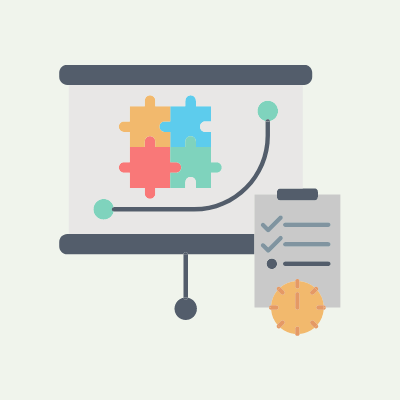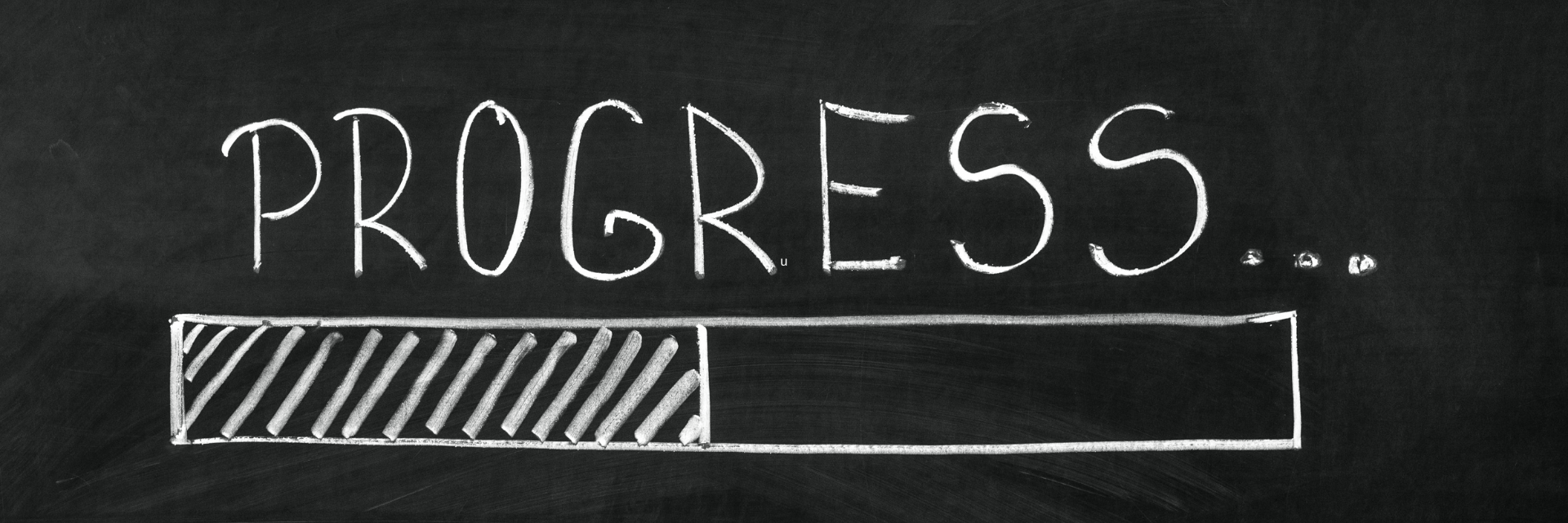Timeline for Team Success
A quick overview of our four-year interdisplinary research program and its requirements!

FIRST YEAR
Students will learn fundamentals about research at a Tier 1 university; practice connecting personal context to possible areas of research; explore research topics; practice identifying the beneficiaries, constituents, and social implications of their research; and form research teams.
SECOND YEAR
Student teams will begin work with their faculty mentors, study research design and methods, write a formal proposal for their team's research project, submit their research proposal to the University of Maryland libraries for award consideration, and begin the methodological components of their research.
THIRD YEAR
Students will continue the methodological components, to include empirical studies, laboratory work, prototype fabrication, etc.; present preliminary research results at the Do Good Showcase and Undergraduate Research Day, and may present at conferences in their research fields.
FOURTH YEAR
Students will complete their methodology, including any analysis of empirical data and lab results, finalize any prototypes, present and defend their thesis at the Thesis Conference in front of a panel of experts in the team's field, and submit and publish their final thesis.

Sophomore Year
- Develop research focus
- Explore team dynamics
- Set short- and long-term goals
- Explore methods and research
Fall Semester
GEMS 296 (1 credit) Team Project Seminar I
(1 credit = 2 hours of work outside of the team’s one-hour meeting each week)
(Note: ALL of these expectations cross over with GEMS202)
- Contact/consult the team librarian early in the semester.
- Begin to explore the literature. Collect academic articles and books linked to the research problem and project, review the sources for relevance and research ideas, summarize the sources and discuss them with the team. Assign an appropriate number of materials per team member so that the research problem and the team’s specific topic can be thoroughly explored (NOTE: To thoroughly cover the literature on the topic, team members will probably have to read MORE articles than what the GEMS102 Summary of Resources assignment requires, and continue reading articles once the assignment has been completed).
- Identify a list of experts/consultants and set up meetings with them to learn about the team's topic and explore possible research areas where the team can create new knowledge.
- Develop a focus for the research project. How will the team create new knowledge on this subject?
- Develop a solid justification for why the proposed study is important.
- Develop a research question and a hypothesis (if applicable).
- Develop short and long term goals.
- Explore methodologies and methods and identify at least one potential methodology for the study.
- Identify a team liaison (to attend two meetings/semester), a financial liaison (to serve as the team’s treasurer for all three years), a EndNote Web manager, and a web liaison, who will take the lead on creating and updating the team’s web site.
- Explore ways of organizing the team so that the team makes progress and all members are utilized.
- Create a system for organizing all of the articles and summaries on the topic (End Note Web is a FREE bibliographic software program for UMD students, faculty, and staff).
- Identify and learn one writing style for citations, references, and formatting in addition to the University of Maryland Graduate School Thesis and Dissertation guidelines. The key point here is to adopt a consistent writing/citation style.
- Begin to identify professional associations, conferences, journals, and other research communities relevant to the team's research topic.
- Complete the initial draft of the research proposal.
Spring Semester
GEMS 297 (2 credits) Team Project Seminar II
(2 credits = 4-6 hours of work outside of the team’s two-hour meeting each week)
- Write a thesis proposal and present it to the team's committee (the mentor, Gemstone Director and Gemstone Associate Director, and at least one expert in the field, who will hopefully later serve as a discussant for the team at the Team Thesis Conference). The proposal should include an introduction of the problem and the research questions/hypotheses, a summary of the literature, and a detailed description of the research methodology. The proposal should be approximately 12-15 pages. The due date of the written proposal is noted on the Gemstone web site. The team must set up a meeting with its committee (including the Gemstone Director and the Gemstone Associate Director) to occur between the time period noted on the calendar for “Sophomore Teams Proposal Meetings” or as noted by Gemstone Staff. More detailed information on what is expected in this proposal is available.
- Identify/describe the instrument(s) to be used for data collection (e.g. survey/interview questions; rating scales, etc.). If instruments are not available, describe how the team will develop them. Identify research sites and/or individuals required for the team to conduct its study.
- Contact the team’s librarian and ask him/her to review the thesis proposal before it is due.
- Identify experts to provide feedback and assistance with the research.
- Submit completed IRB and/or IACUC no later than August prior to junior year.
- Continue to collect and review relevant literature/articles for the final thesis.
- Identify scholarly meetings, conferences, and/or journals that could be a forum for the research.
- Identify possible funding sources for the team's research. Apply for appropriate grants.
- Develop a team budget.
- Design the team’s website. The first draft of the web site should be ready to post by the end of the semester (a specific due date will be announced to all web liaisons).
 Junior Year
Junior Year
- Find experts in field to guide research
- Data collection
- Begin initial draft of thesis
- Present at Do Good Showcase
- Present at Undergraduate Research Day
Fall Semester
GEMS 396 (2 credits) Team Project Seminar III
(2 credits = 4-6 hours of work outside of the team’s two-hour meeting each week)
- The team should have IRB and/or IACUC approval by the beginning of the semester so that data collection can begin right away. Note that IRB approval is necessary if the team plans to work with human subjects and IACUC is necessary if the team plans to work with animals.
- Begin implementing the research activities immediately. This is the year of data collection and analysis (conducting the original research). These activities could include: administering surveys, conducting interviews or focus groups, working in the lab or the field, or finishing a first draft of a prototype.
- Update the team’s website.
- Present the research and progress to date at the Do Good Showcase. This presentation serves as a check point for each team. Students, faculty, librarians, and staff will evaluate whether or not each team is “on track” according to the expectations of teams for this semester.
- Develop a detailed outline of all five chapters of the final thesis.
- Continue to review the literature on the team's topic and begin to draft portions of Chapter 1 (the introduction of the problem and the justification for the study) and Chapter 2 (the literature review).
- Contact the team’s librarian to enlist his/her support with writing the literature review.
- Continue to identify experts within and outside the University who can help guide the project (people who might ultimately serve as the thesis reviewers/discussants). The team’s mentor and librarian can help identify experts.
- Continue to identify scholarly meetings, conferences and/or journals that could be a forum for the research.
- Continue to identify possible funding sources. Apply for appropriate grants.
Spring Semester
GEMS 397 (2 credits) Team Project Seminar IV
(2 credits = 4-6 hours of work outside of the team’s two-hour meeting each week)
- Finish data collection and be close to completing data analysis by the end of the school year.
- Produce an initial draft of the first three chapters of the thesis (Introduction, Literature Review, Methodology).
- Obtain feedback on the draft of the first three chapters of the thesis from expert contacts/future discussants, and your mentor and librarian.
- Revise Chapters 1, 2, & 3 based on feedback.
- Present a poster at Undergraduate Research Day in April.
- Keep team website updated.
- Check in with the team’s librarian.
- Continue to identify scholarly meetings, conferences and/or journals that could be a forum for the research. Consider making a proposal for a meeting or conference.
- Continue to identify possible funding sources. Apply for appropriate grants.
 Senior Year
Senior Year
- Finish data analysis and thesis
- Present and defend at Thesis Conference
- Present at professional conferences
- Attend Gemstone Citation Ceremony
Fall Semester
GEMS 496 (2 credits) Team Project Writing Seminar
(2 credits = 4-6 hours of work outside of the team’s two-hour meeting each week)
- Attend Gemstone senior orientation in September.
- Data collection should be completely finished. Complete data analysis within the first month of the fall semester.
- Draft Chapters 4 (Results) and 5 (Discussion/Conclusions) of the thesis. Have a complete draft of the entire thesis finished by the end of the semester.
- Work on revising the thesis based on completed research and suggestions from expert contacts/future discussants, and your mentor and librarian.
- While drafting thesis, continue to adhere to the identified research style, as well as the University of Maryland Graduate School Thesis and Dissertation formatting standards.
- Prepare a draft of the team's presentation for the Team Thesis Conference rehearsal (that occurs in early February) by the end of the semester.
- By the required due date, submit to Gemstone the names of at least five (no maximum) experts whom have been invited and have agreed to be reviewers/discussants at the Thesis Conference. (The Gemstone staff will send out an official invitation with information on the process to the discussants).
- Keep the team website updated, particularly for potential discussants.
Spring Semester
GEMS 497 (2 credits) Team Thesis Defense Seminar
(2 credits = 4-6 hours of work outside of the team’s two-hour meeting each week)
- Practice presentation at Rehearsal in early February - all team members should be present.
- Submit final team information as requested by Gemstone Staff by due date to be announced.
- Complete team thesis and submit the draft to Gemstone by due date (usually in late February/early March) to be announced.
- Present and defend team thesis at the Team Thesis Conference; please note that all team members must be present to earn the Gemstone Citation.
- Submit final thesis including changes suggested by discussants (hard copy and electronic version).
- Each team’s mentor must officially sign off on the team’s final thesis by filing the “Final Thesis Submission Form” by the requested due date.
- Make final update of team website.
- Attend the Gemstone Citation Ceremony shortly before University Commencement.

